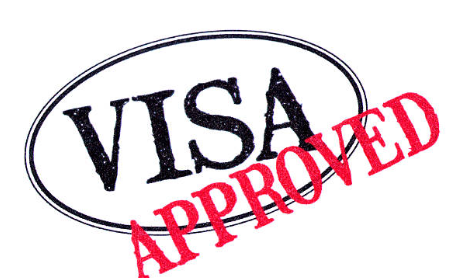
In early 2025, the United States, now under President Donald Trump, launched sweeping immigration changes, including mass deportation campaigns aimed at undocumented immigrants. These moves have radically changed the landscape for people hoping to be able to come to the U.S. legally. Prospective immigrants need to understand current policies and legal pathways that may be available to them.
Current Immigration Policies
Those measures include mass deportations and the suspension of the Refugee Admissions Program, which have impacted several immigrant communities. These policies have made seeking legal passage to the U.S. more complicated.
Ways to Immigrate to the U.S. Legally
The legal methods for those wishing to immigrate to the United States remain, albeit with tight policies:
Employment-Based Visas: Those with specialized skills or professional qualifications may qualify for employment-based visas. There are various categories, including EB-1 for those with extraordinary abilities, EB-2 for those with advanced degrees or exceptional abilities and EB-3 for skilled workers and professionals. Typically, you need to secure a job offer from a U.S. employer first.
Family-Sponsored Visas: U.S. citizens and lawful permanent residents can sponsor certain family members to immigrate to the United States. Immediate relatives — including spouses, children and parents of U.S. citizens — typically take precedence in the application queue.
Entrepreneur Visas (EB-5): Foreign nationals interested in investing a significant sum in a U.S. commercial enterprise that employs American workers can receive an EB-5 visa, which results in permanent residency.
Student Visas (F-1 and M-1): Students who have been accepted to accredited U.S. educational institutions can apply for student visas, which permit them to study and sometimes work part time while enrolled.

Asylum and Refugee Status: They may apply for asylum or refugee status if they are being persecuted in their home countries because of their race, religion, nationality, political opinion or membership in a particular social group. However, recent changes to policy have made the criteria for applying and processing times for applications stricter.
Advice for Would-be Immigrants
About this immigration policy: Immigration policies change frequently. Turn to official U.S. government sources or reputable immigration law firms for the most up-to-date information.
Get a Lawyer: The U.S. immigration system is complex. They can streamline the process and improve the odds of coming out the other side with an approved app.
Show Proficient Documentation: Make sure everything straightforward, helpful reports are set aside moderately and recorded for the necessary parties so no mistakes or misunderstandings come about.
Despite recent policy shifts creating challenges to the U.S. immigration process, familiarity with and pursuit of the appropriate legal channels can pave the way to a successful relocation.




